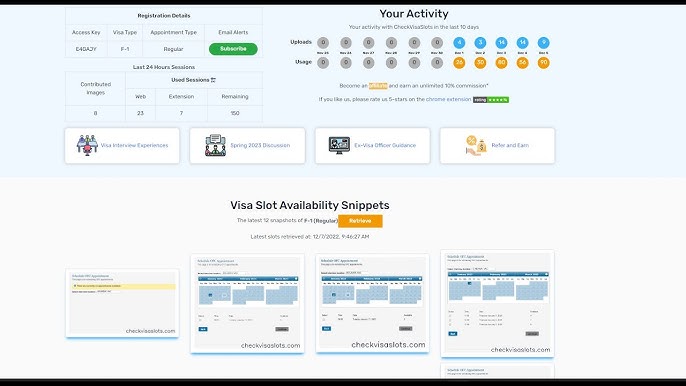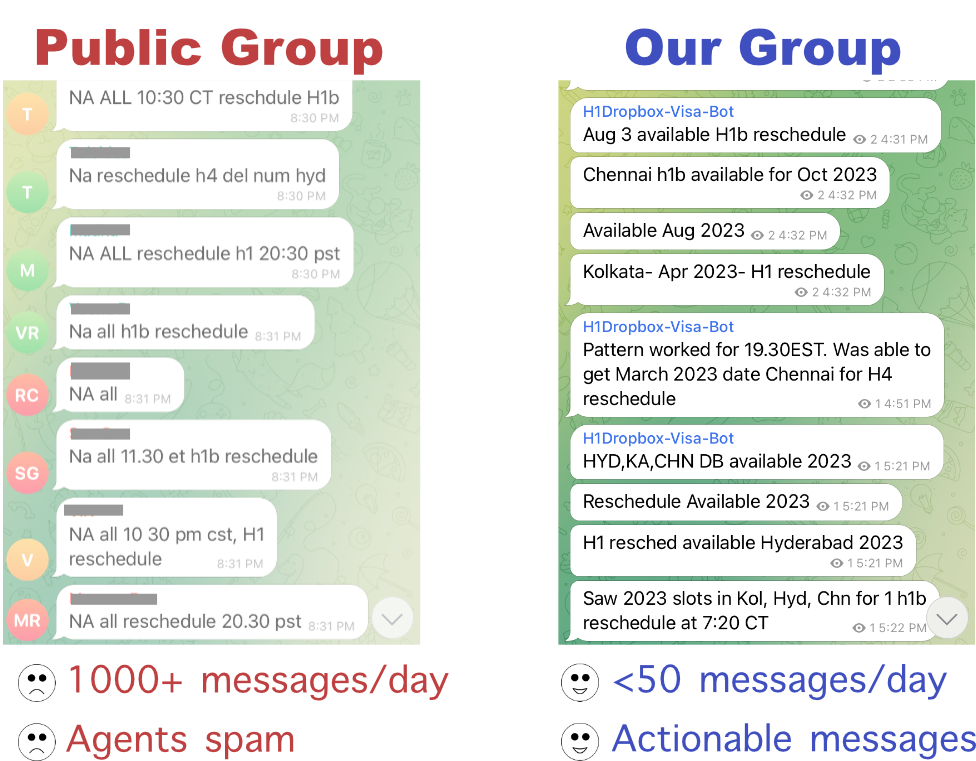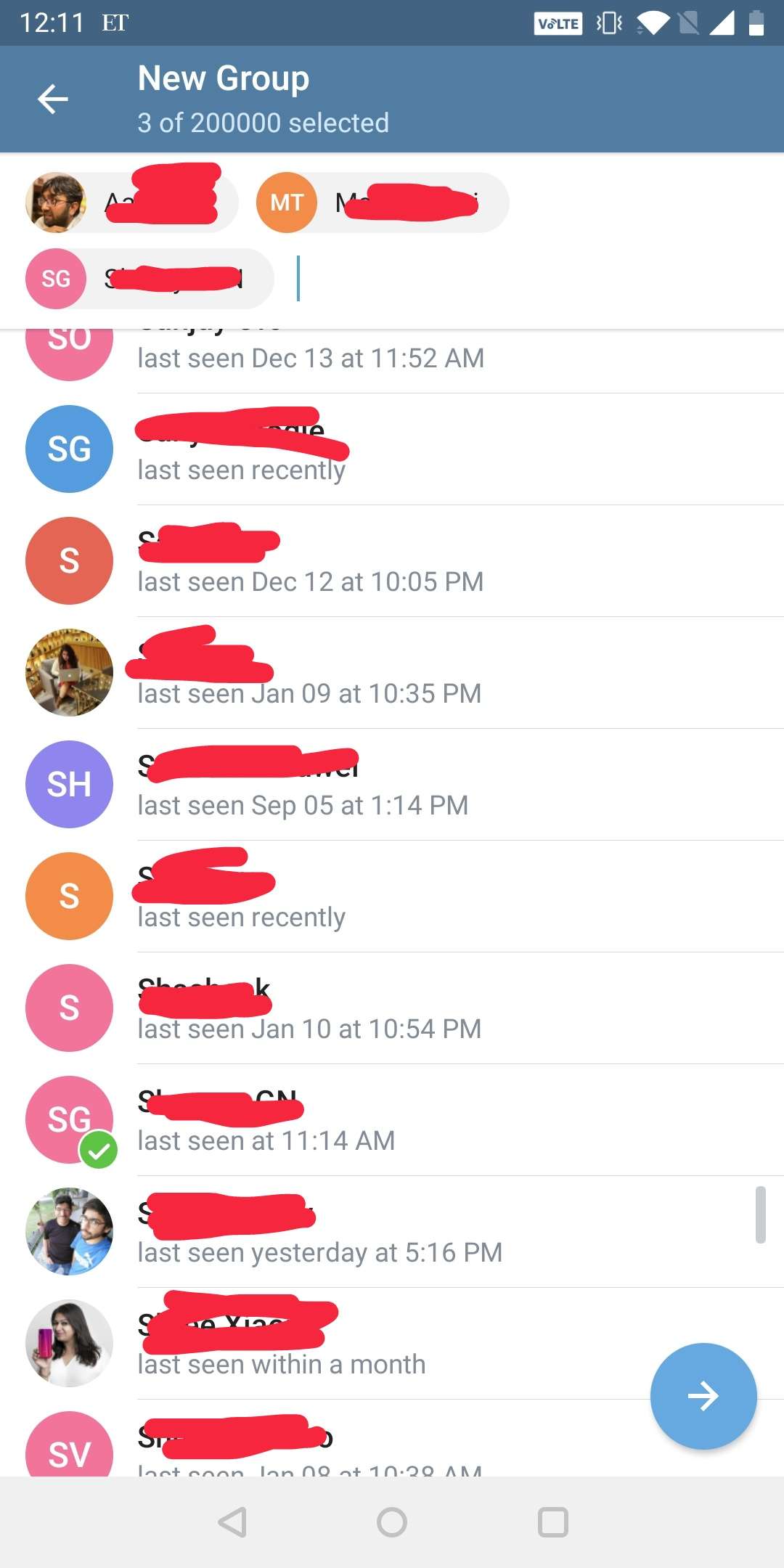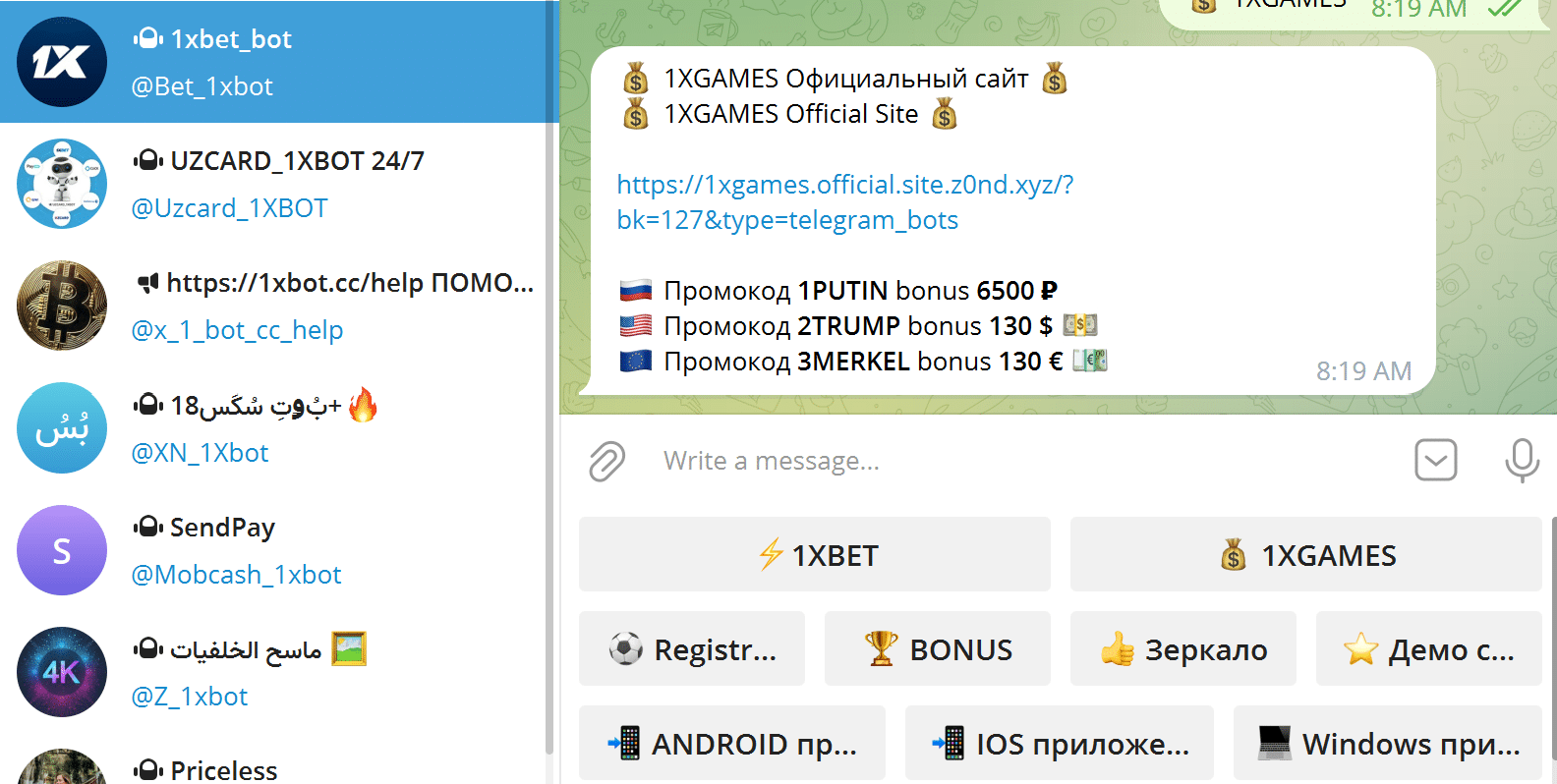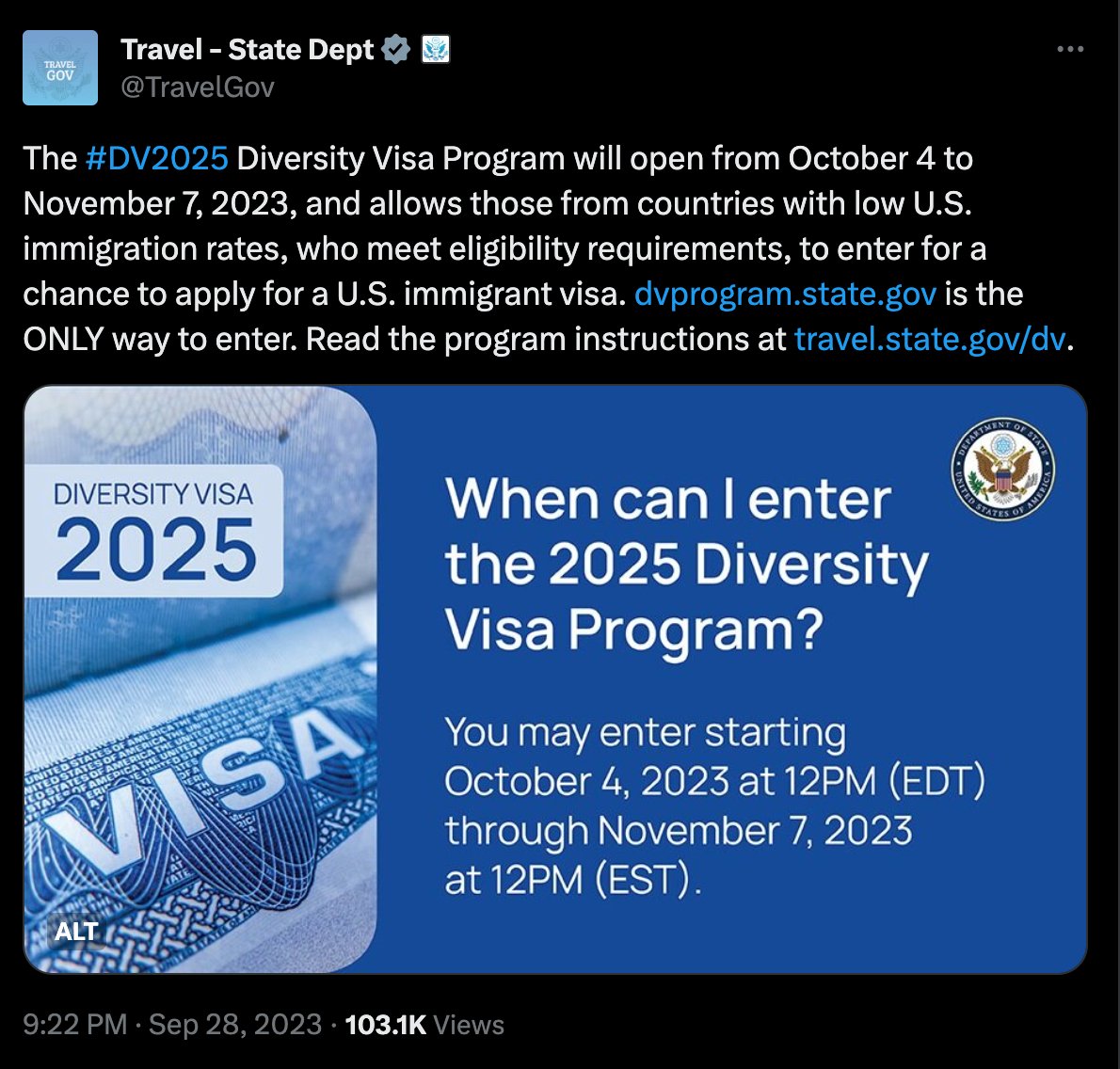Telegram Groups For Us Visa Slots

The scramble for US visa appointments has birthed a digital ecosystem of its own: Telegram groups. Thousands are joining these groups, hoping to snag coveted slots amid persistent backlogs. But is this digital solution a reliable lifeline, or a breeding ground for misinformation and exploitation?
These Telegram groups, acting as unofficial notification systems, promise real-time alerts about newly available US visa appointments. The surge in popularity reflects the desperation of many applicants facing agonizingly long wait times. While some users claim success, the lack of official oversight raises concerns about accuracy, potential scams, and the overall fairness of the system.
The Visa Appointment Bottleneck
The US embassy and consulates worldwide have been grappling with significant delays in visa processing since the pandemic. COVID-19 related shutdowns and subsequent staffing shortages created a massive backlog. Demand for US visas, particularly for tourism, business, and education, has rebounded sharply, exacerbating the problem.
"We understand the frustration applicants are experiencing with wait times," stated a US State Department official in a recent press briefing. "We are working diligently to increase staffing levels and streamline our processes to address the backlog." The State Department has acknowledged the issue but offered no direct comment on the proliferation of these third-party Telegram groups.
The official website provides resources to help users, but the demand still outstrips supply. This disparity creates the perfect environment for these groups to flourish.
Inside the Telegram Groups
These groups operate primarily on speed and shared information. Members share screenshots of available appointment slots they find on the official US visa appointment website. Others use automated tools or scripts to scan for available slots and share the information within the group.
Many groups have moderators who attempt to filter out spam and verify information, but the volume of messages makes this a challenging task. The information can change rapidly, making it difficult to be absolutely certain of the validity.
Some groups offer premium services, charging fees for access to allegedly faster or more reliable alerts. This raises red flags about potential scams and exploitation of vulnerable applicants.
Success Stories and Skepticism
Success stories abound within these Telegram groups. Individuals claim to have secured appointments much sooner than they anticipated thanks to the information shared. These testimonials fuel the groups' popularity, creating a sense of community and shared purpose.
However, skepticism persists. Critics argue that the groups create a false sense of hope and contribute to the chaos. They contend that the alerts are often outdated or inaccurate, leading to wasted time and frustration.
Furthermore, the use of automated bots to scan for appointments is viewed by some as an unfair advantage. This practice potentially disadvantages individuals who rely on manual searches.
The Dark Side: Scams and Misinformation
The lack of official oversight makes these groups vulnerable to scams and misinformation. Unverified sources may post fake alerts or phishing links, attempting to steal personal information or extort money from desperate applicants. The US Embassy has released alerts to warn people.
Several instances of fraudulent "visa agents" operating within these groups have been reported. These individuals promise guaranteed appointments for a fee but ultimately fail to deliver, leaving applicants with financial losses and dashed hopes.
"We strongly advise applicants to obtain information only from official US government sources," the State Department official emphasized. "Beware of unofficial websites or individuals claiming to offer guaranteed appointments for a fee."
Ethical and Legal Considerations
The use of automated bots to scrape data from the official US visa appointment website raises ethical and potentially legal concerns. Some argue that this practice violates the website's terms of service and creates an unfair advantage. This further restricts appointment availability for average users.
Moreover, the commodification of appointment information through premium services raises questions about fairness and accessibility. It creates a two-tiered system where those with the resources to pay have a better chance of securing appointments.
The legal implications of operating these Telegram groups are unclear. However, authorities could potentially investigate instances of fraud or other illegal activities occurring within the groups.
Moving Forward: A Call for Transparency and Efficiency
The proliferation of Telegram groups for US visa slots highlights the urgent need for greater transparency and efficiency in the visa appointment process. The US State Department needs to address the underlying causes of the backlog and implement solutions to improve access to appointments.
One potential solution is to increase staffing levels and streamline the appointment scheduling system. Another approach is to crack down on the use of bots and other automated tools that disrupt the fairness of the system. The embassy is trying to improve efficiency.
Until the visa appointment process becomes more efficient and transparent, Telegram groups will likely continue to thrive. Applicants should exercise extreme caution and verify all information from official sources before taking any action.





![Telegram Groups For Us Visa Slots Telegram Group: All You Need to Know About Telegram Groups [Dec 2022]](https://global-uploads.webflow.com/6030eb20edb267a2d11d31f6/609b6c6e9c649c2346c6d539_Telegramgroups-blogcover_07fe5b97128c264a5d3f2ab3cf541f88_2000.jpeg)

